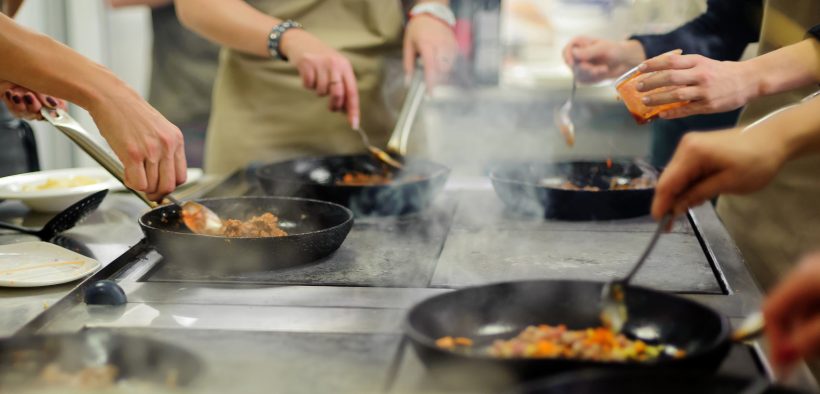While it is, admittedly, a bit of an unorthodox concept, we would like to propose that our understanding of colleges and universities would be enhanced if we thought of them as cooking schools. The faculty are master chefs with expertise in particular styles of cuisine, and the students are apprentice chefs who benefit from the masters’ instruction on the basic principles and methodologies of cooking.
The Academy as “Cooking School”: Thinking Gourmet in a Fast Food World

- Tags: teaching metaphors
Related Articles
I have two loves: teaching and learning. Although I love them for different reasons, I’ve been passionate about...
Active learning is a mostly meaningless educational buzzword. It’s a feel-good, intuitively popular term that indicates concern for...
Perhaps the earliest introduction a student has with a course is the syllabus as it’s generally the first...
Generative AI allows instructors to create interactive, self-directed review activities for their courses. The beauty of these activities...
I’ve often felt that a teacher’s life is suspended, Janus-like, between past experiences and future hopes; it’s only...
I teach first-year writing at a small liberal arts college, and on the first day of class, I...
Proponents of rubrics champion them as a means of ensuring consistency in grading, not only between students within...







